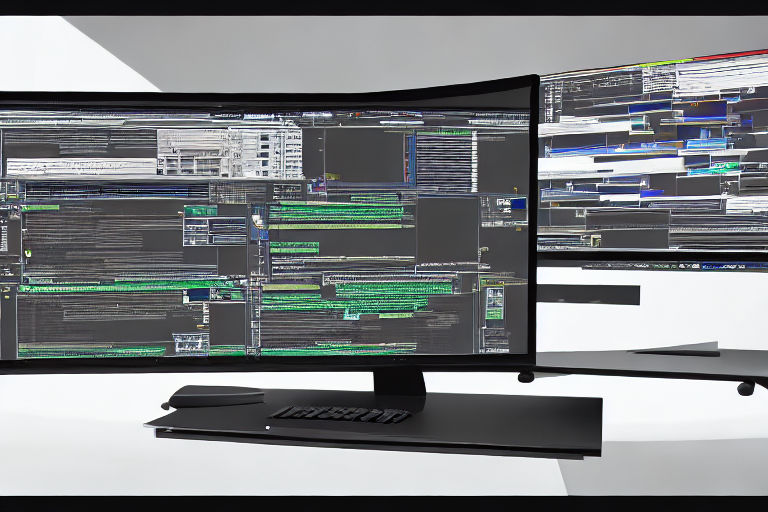Why C++ Should Be Your Go-To Language for System Programming
Are you considering venturing into system programming? If yes, selecting the right programming language is essential. Although several programming languages can suit system programming, C++ stands out as the best choice.
C++ is a high-performance programming language that provides robust memory management, making it ideal for system programming. That’s not all. C++ has other features that make it a top choice for system programming. Read on to find out more.
High Performance
System programming requires high-speed and memory efficiency. C++ has a compilation feature that eliminates interpretation by a virtual machine or a JIT compiler, making it faster than languages like Python, Java, or Ruby. Its memory management is also more efficient than other languages since you have full control, so you don't need a bulky garbage collector that can impact system performance.
Flexibility
System programming entails interacting with hardware, which can have architectural differences. C++ is flexible enough to accommodate various system architectures without losing performance. Additionally, it has a low-level and high-level language feature that makes it possible to write programs close to hardware while still providing high-level functionality.
Portability
System programming is used in different environments, from desktop systems to smartphones, and even IoT devices. C++ is a portable language that can be run on several platforms without the need for additional changes, making it a top choice for developers.
Compatibility
C++ is the language of choice for system programming since it’s compatible with the C programming language. Programmers can use existing C code within a C++ program, saving time and resources. The C++ standard committee also ensures that new versions of the language are backward compatible.
Large Standard Library
The C++ standard library offers a broad range of functions and tools that simplify system programming. It has a vast collection of libraries that includes everything from the standard utility library, the C++ standard template library, to Boost, a library containing high-quality code used in advanced C++ programming.
Conclusion
C++ remains unbeatable in system programming. Its flexibility, high performance, compatibility, and portability make it the ideal choice for developers. If you want to succeed in system programming, it's time to master C++.



